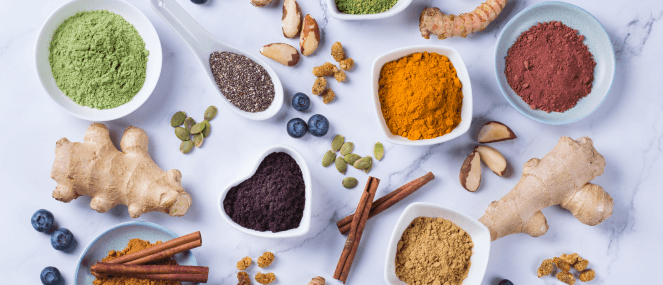
- Health hub/
- Stress relief & sleep support/
- Three habits to send to trash


#1 You’re not getting 8 hours of sleep
The evidence: Harvard psychiatrist Professor Robert Stickgold says sleep deprivation is not just linked to the blues, but can trigger it. He studied US children with disrupted sleep and concentration problems, finding their mental state improved out of sight once they scored a solid night’s kip. His other theory is that insomnia may onset anxiety and post traumatic stress disorder: when we’re short-changed on sleep, we lose the ‘memory processing’ time needed to work through a trauma.
Turn it around: “Eat more during the day and less at night,” says Judy Davie, co-author of Star Foods ($35, ABC Books). “Try some warmed up milk with cinnamon just before bed; and if there’s something on your mind, do some relaxation exercises so your racing thoughts don’t get in the way of a good night’s sleep.”
Also make sure you’re getting exercise. If not, “your mind will be fatigued, but you haven’t expended enough energy to be physically fatigued,” she says.
#2 You’re not eating 2-3 serves of fish each week
The evidence: High intake of omega-3s can reduce the frequency of low mood in women by up to 30 per cent, says a 2009 US study published in the journal Nutrition.
Turn it around: “The brain contains high levels of DHA (an acid that helps make up omega-3 long-chain fatty acids), so when you’re eating fish, you’re directly feeding the brain,” says Davie. A lot of women don’t cook it at home because it’s expensive or they don’t know how to prepare it, she advises. Cooking fish can be as simple as wrapping it in aluminum foil with some cracked salt and lemon juice, and baking in a moderate oven for less than 10 minutes. Naturopath Siobhan Jordan recommends around three serves per week.
If you’re just not into the taste or are put off by the price, consider a supplement – 1000mg is decent, although some health professionals will double, triple or even quadruple this dosage.
#3 You smoke
The evidence: In a recent study of more than 1000 subjects, the University of Melbourne found those who smoke are more likely to develop the blues. Heavy puffers (20 ciggies or more each day), had twice the chance of being diagnosed with the blues, they said.
Action stations: “Quitting cold turkey without an effective plan has a minimal success rate,” says naturopath Melinda Hutchinson-Taylor. “Be prepared and remind yourself how good you will eventually feel with a healthy body and mind. With the money saved, reward yourself with a soothing massage or some other treat.”
Your nervous system and adrenal glands will be under extra stress as your body withdraws from nicotine, she advises: “You’ll have an increased need for the B group vitamins, vitamin C and certain nutrients like magnesium.” Address this by filling up on citrus, capsicum, strawberries, broccoli, blackcurrants, dark-green leafy veggies, almonds, muesli and whole grains.
References available on request




